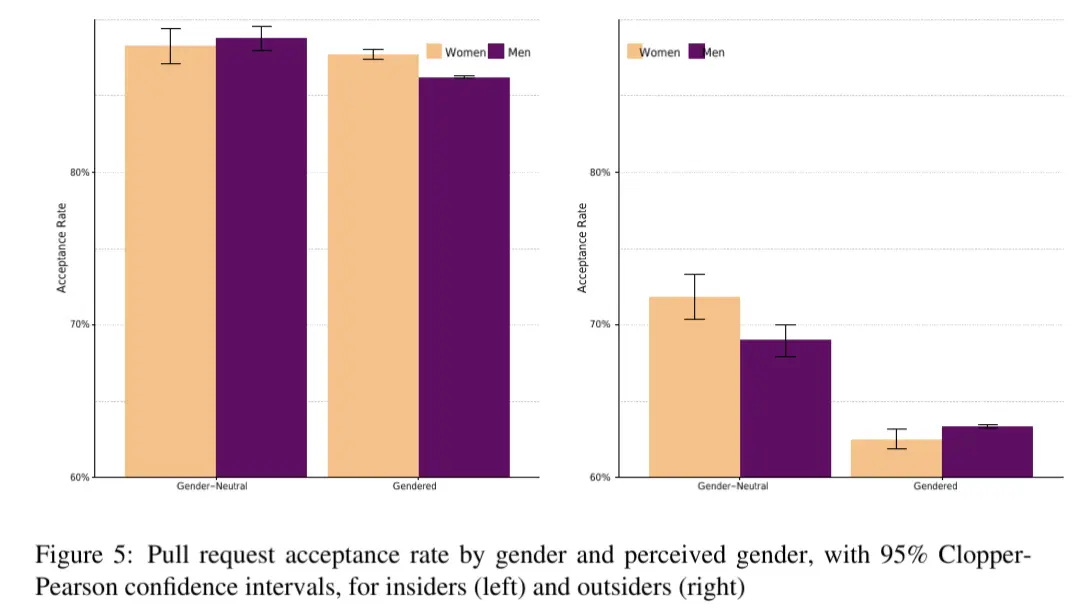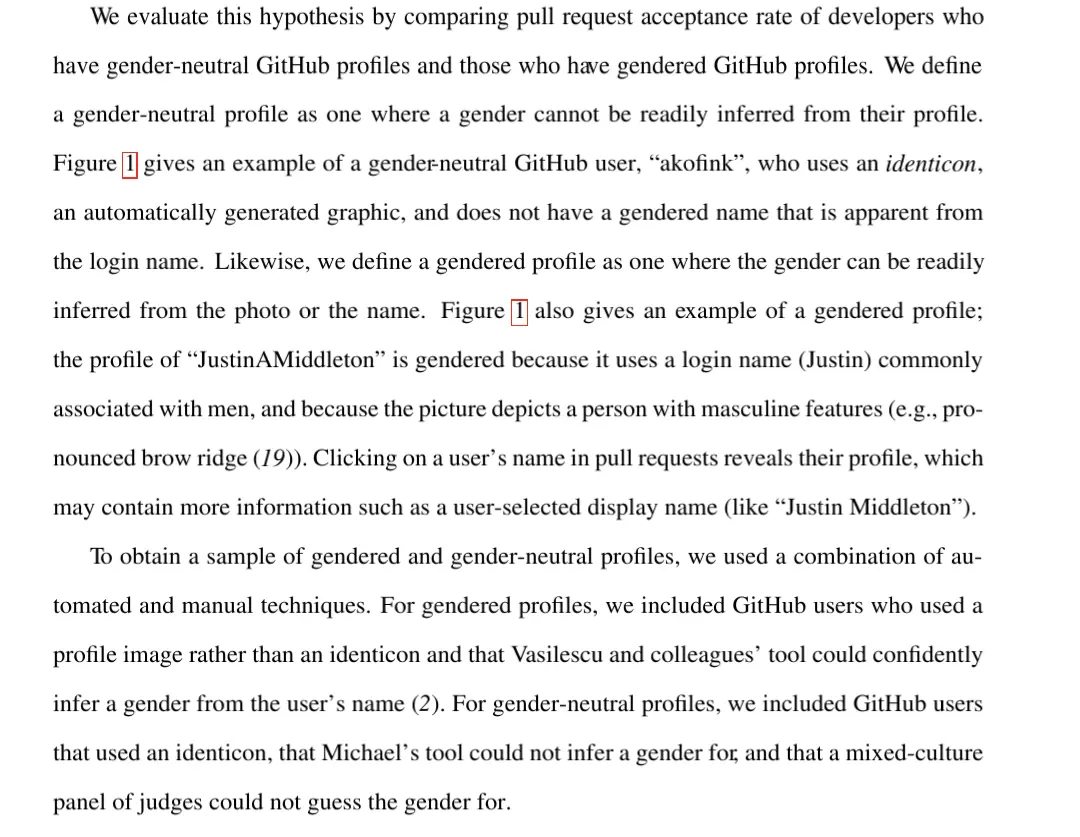

Always appreciate any work spent on any FOSS stuff out there but currently I’m a bit afraid that Gecko disappears into unimportance. So I’d prefer more contributions towards that one project rather than opening new ones.
The issue with browser engines is that it always requires work from two directions. The browser engine must be optimized to render websites as good as possible. And websites must be optimized to be rendered by all the different browser engines.
And (almost) no one is willing to do the latter for engines with a <1% market share. Already now, more and more commercial and non-commercial websites are only working properly with Chrome or its derivates.




Package loss due to a broken bus system